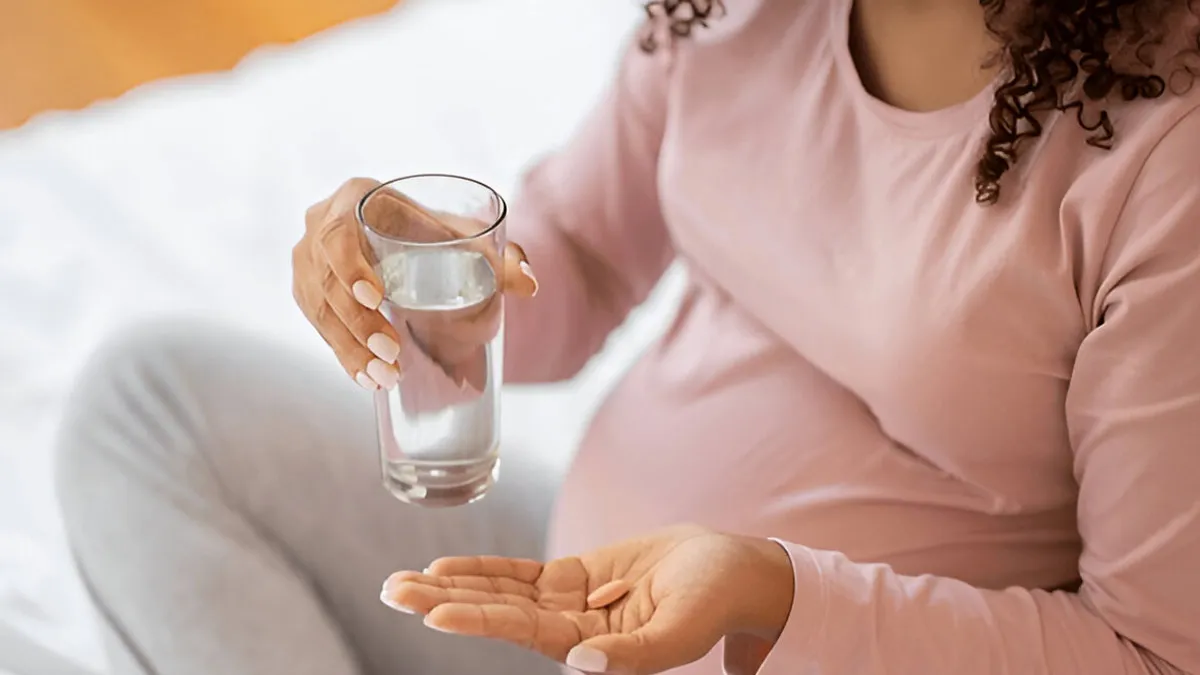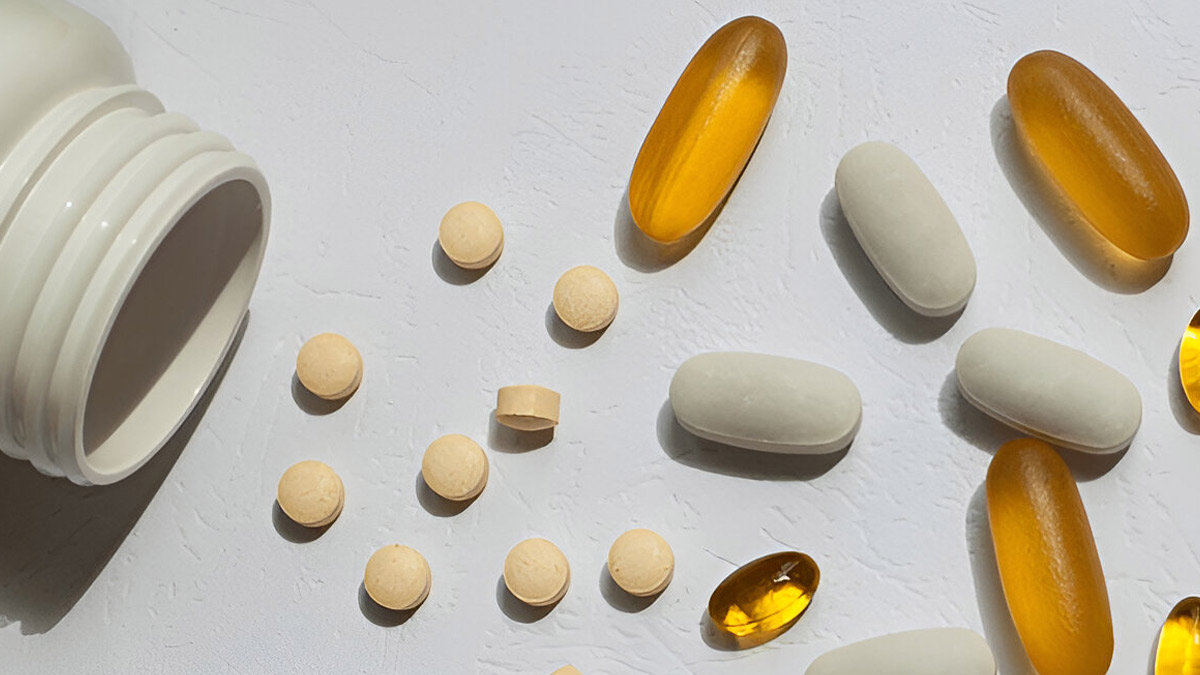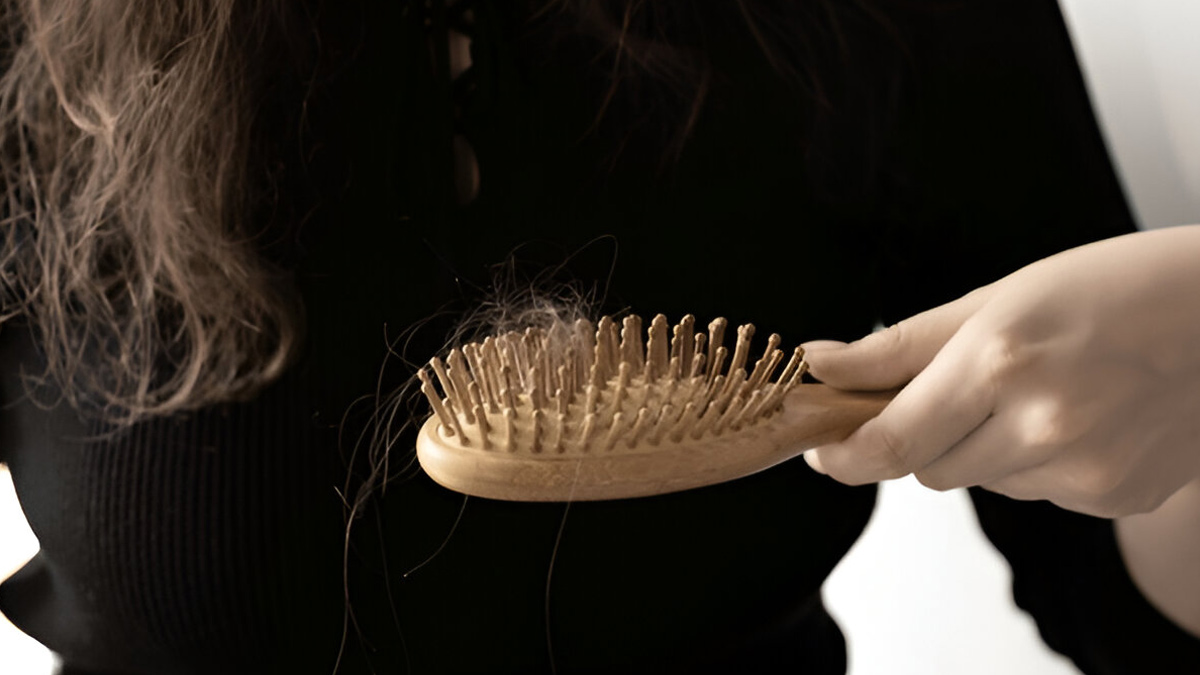
Prenatal vitamins, typically recommended for expectant mothers, are gaining popularity among non-pregnant women who hope they can boost hair growth and improve overall beauty. But does scientific evidence support these claims, or is this trend just another beauty myth?
Table of Content:-
We spoke to Dr Vidushi Jain, Dermatologist and Medical Head, Dermalinks in Noida and Ghaziabad, who answered if prenatal vitamins can promote hair growth.
Why Are There So Many Prenatal Vitamins?

"Prenatal vitamins are customised based on the nutritional requirements of expectant mothers. These vitamins are typically supplemented with higher doses of folic acid, iron, calcium, vitamin D, and omega-3 fatty acids. These nutrients are responsible for the healthy development of the fetus and the well-being of the expectant mother herself," explained Dr Jain.
The appeal for non-pregnant females lies in the claimed secondary benefits, including thick, healthy, and fuller hair growth. This misconception often arises from observing the luscious locks of pregnant women and attributing them to prenatal vitamins.
Also Read: Understanding Importance Of Prenatal Vitamins: What To Take And When
What Happens During Pregnancy
The changes during pregnancy are partly brought on by hormonal changes, specifically the increase in oestrogen. This hormone extends the development phase in the hair cycle, resulting in healthier and fuller hair.
It's not just vitamins that cause these changes. When hormone levels drop after giving birth, postpartum hair loss occurs in the vast majority of women, regardless of whether vitamin intake is stopped.
Expert Opinion

Dermatologists and nutritionists point out that prenatal vitamins are not a magic cure for nail and hair growth. Unless you are deficient in specific nutrients, your nails and hair will not grow significantly faster by taking these vitamins.
“Hair growth relies on multiple factors, including heredity, hormones, nutritional availability, stress, and overall well-being. While biotin, folate, and iron play a role in healthy hair, excessive supplementation beyond the body's needs has no additional benefits. In some cases, over-supplementation can even lead to undesirable consequences, such as nausea, constipation, or toxicity,” said Dr Jain.
Also Read: Prenatal Vitamins:Their Types and Why they Matter
When They May Help
If someone is nutritionally deficient, such as being deficient in iron or folate, supplements can be customised to improve hair health. In such cases, a physician can prescribe a specific supplement. However, there is no need or benefit in taking prenatal vitamins randomly if someone is not pregnant or deficient.
Safer Alternatives for Hair Health
- Healthy Balancing Diet: Add protein, greens, nuts, seeds, whole grains, and fresh fruits as a source of hair inner nourishment.
- Normal Scalp Care: Shampooing and massage once or twice a day can stimulate circulation.
- Stress Management: Exercise, meditation, or yoga reduces hair problems caused by stress.
- Expert Recommendation: When thinning or hair loss persists, consider a dermatologist for individual recommendations.
Bottomline
Dr Jain concluded, “You need prenatal vitamins while pregnant, but otherwise, they are not going to put a genie in a bottle and cause our hair to be larger and grow twice as fast. Healthy hair starts with healthy living, healthy eating, and doctor orders as necessary. When we are discussing supplement usage, be sure and talk with a healthcare provider before it goes into the regimen.”
Also watch this video
How we keep this article up to date:
We work with experts and keep a close eye on the latest in health and wellness. Whenever there is a new research or helpful information, we update our articles with accurate and useful advice.
Current Version